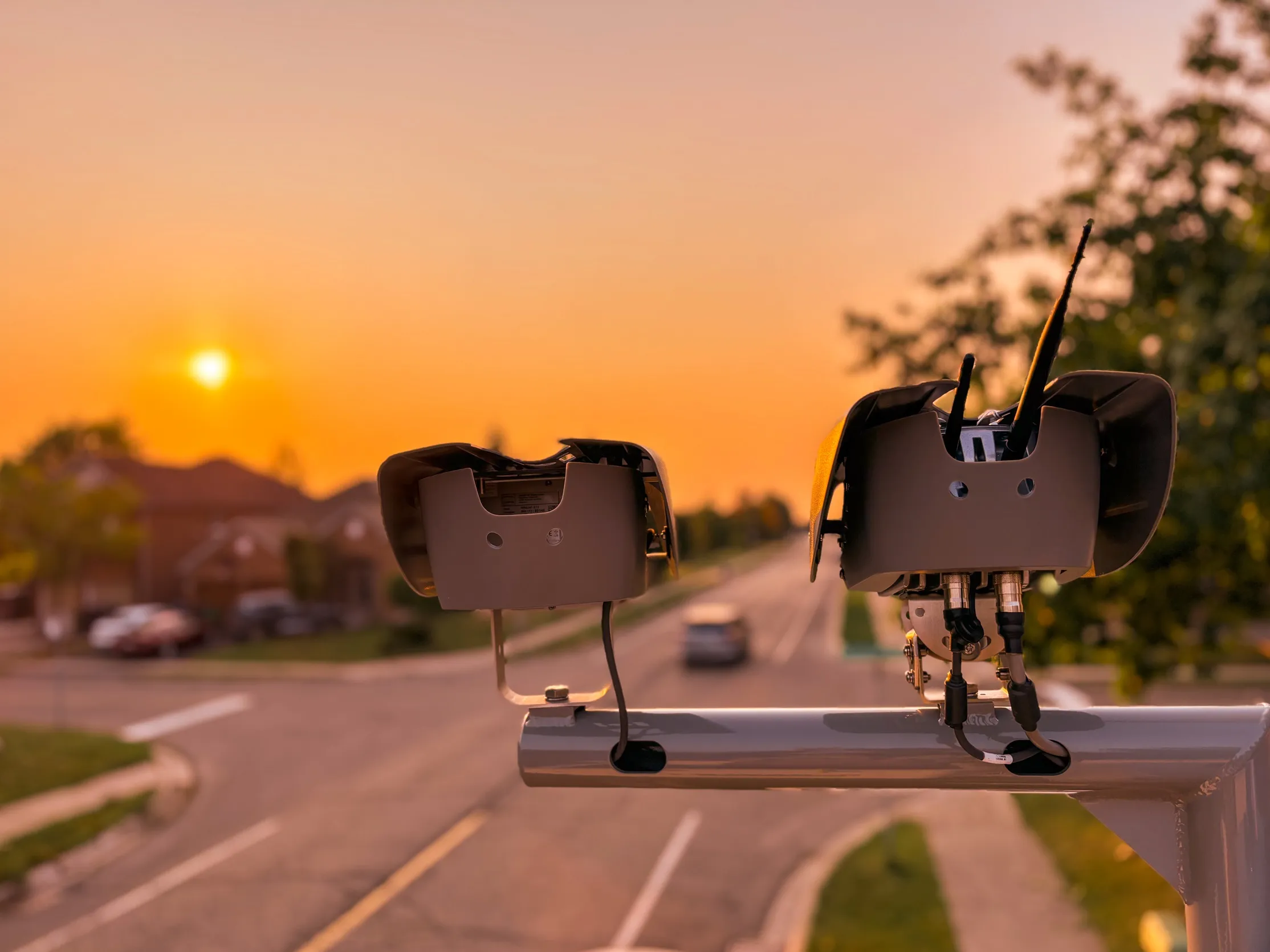Enabled by the AV legislation, other partners involved in the project include the Colorado Department of Transportation, the City and County of Denver, and Regional Transit District (RTD).
The demonstration shared real-time data across vehicles, infrastructure and people with the intention of improving safety and mobility on the road.
EasyMile’s autonomous shuttle offered a practical application of first- and last-mile connections with existing public transit systems. Scheduled to be in service in late Spring/ Summer of next year, it will connect RTD’s 61st and Pena Station light rail station to bus routes on Tower Road.
Hickenlooper, said: “Colorado’s reputation as a hub for advanced technologies takes a significant step forward today with EasyMile’s opening of their North American headquarters and aligning with the state's partner Panasonic. We are proud to be called the home to one of the world's leading autonomous transportation firms. By launching this first-of-its-kind connected vehicle program, we are rapidly leveraging transportation technology to improve safety and mobility on our roadways.”
Colorado governor announces Connected and Autonomous vehicles day
Colorado’s governor Jon Hickenlooper declared 4 December as Connected and Autonomous Vehicle Day following a visit with civic leaders and corporate executives to an autonomous vehicle (AV) technology demonstration at Panasonic’s Denver facility. Through a new partnership it plans to deploy AV technology next to the building, in Spring 2018. The event also featured EasyMile’s autonomous shuttle inaugural journey to Peña Station as well as the opening of its new North American headquarters.
December 11, 2017
Read time: 2 mins
Colorado’s governor Jon Hickenlooper declared 4 December as Connected and Autonomous Vehicle Day following a visit with civic leaders and corporate executives to an autonomous vehicle (AV) technology demonstration at 598 Panasonic’s Denver facility. Through a new partnership it plans to deploy AV technology next to the building, in Spring 2018. The event also featured 8246 EasyMile’s autonomous shuttle inaugural journey to Peña Station as well as the opening of its new North American headquarters.








